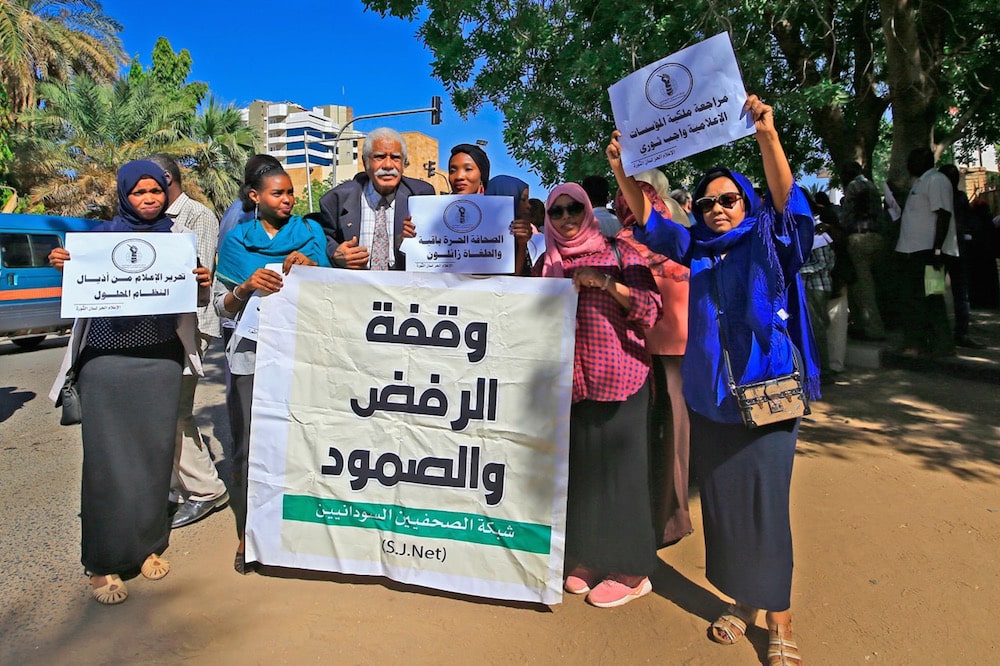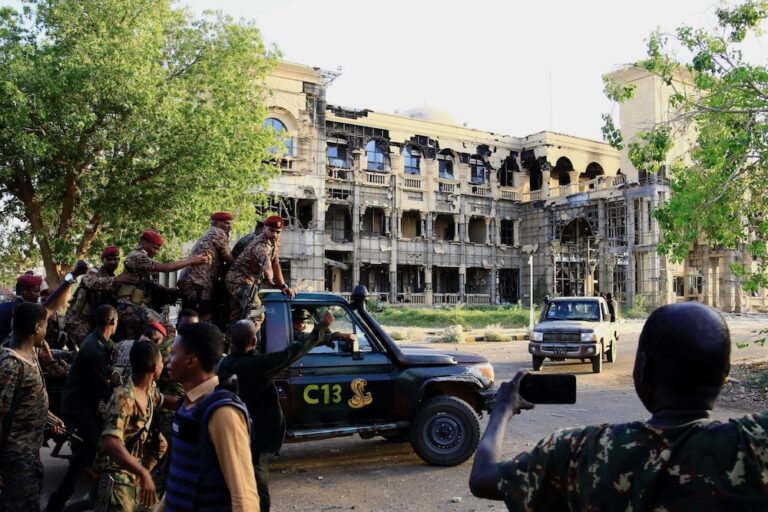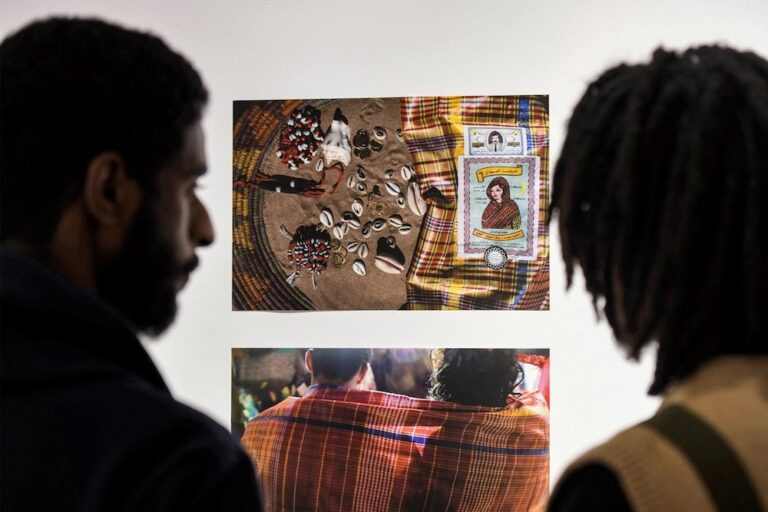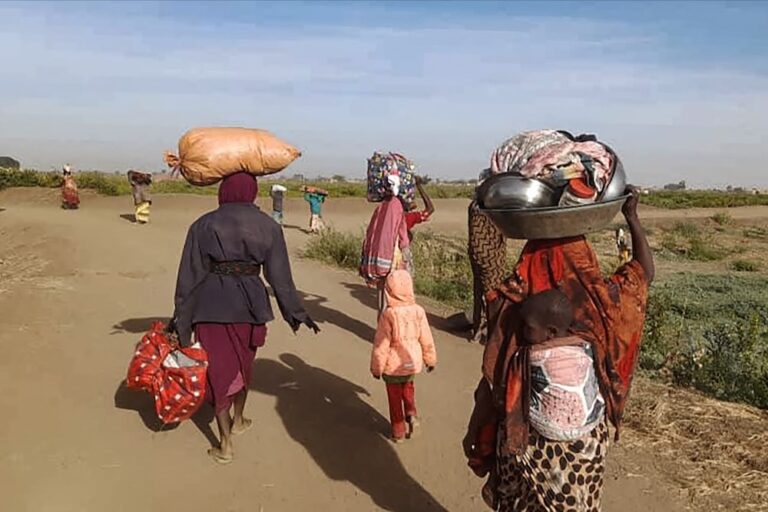The new Sudanese government has closed down four media outlets that were aligned to former President Al Bashir's government.
This statement was originally published on rsf.org on 13 January 2020.
Reporters Without Borders (RSF) condemns the new Sudanese government’s sudden closure of four media outlets that supported the former regime and asks it to show concern for the fate of their more than 200 journalists. Instead of closing media outlets, the authorities should make sure the Sudanese media comply with a code of ethics, RSF said.
Until the four media outlets were closed by police on 8 January, the impact of Omar al-Bashir’s removal last April and the creation of a transitional government headed by a civilian had been positive for media freedom, drastically reducing the number of arrests of journalists and suspensions of newspapers.
The four newly closed media outlets – Ashorooq TV, Taiba TV and two newspapers, Alray Alamet and El Sudani – were all affiliated to the Bashir government. The committee that ordered their closure said the aim was to examine their bank accounts and establish whether they were still being financed by members of the former regime.
“The dismantling of the former ruling party should not result in a witch-hunt and the sudden closure of media outlets,” RSF said. “If they disappear, they will have no opportunity to learn to conform to good ethical practices and professional conduct, or to contribute to an overhaul of the Sudanese media landscape and the emergence of quality journalism that respects a diversity of viewpoints.”
Despite Bashir’s ouster, many media outlets have continued to be controlled by representatives of the former regime. At the same time, the “Cyber Jihadists Unit” – an army of trolls created by the Sudanese intelligence services during the Arab spring to intervene in the online information flow – continues to be very active, monitoring and infiltrating the Internet, and spreading fake news and propaganda.
The four media outlets were closed as part of a broader effort to dismantle the former ruling National Congress Party and all affiliated entities. Hundreds of journalists demonstrated in Khartoum last month against continuing control of media outlets by members of the former regime. Their demands included the removal of those at the head of the public broadcaster SRTC and the removal of the intelligence agents who have infiltrated many news organizations.
Sudan is ranked 175th out of 180 countries in RSF’s 2019 World Press Freedom Index.



